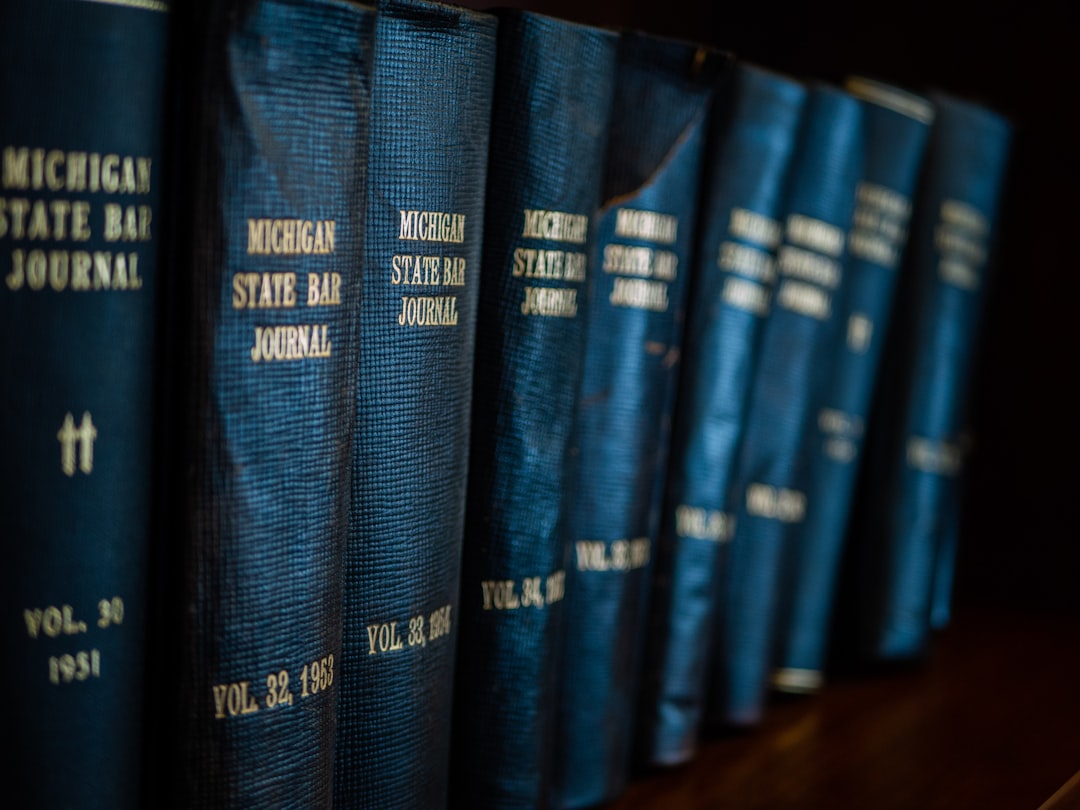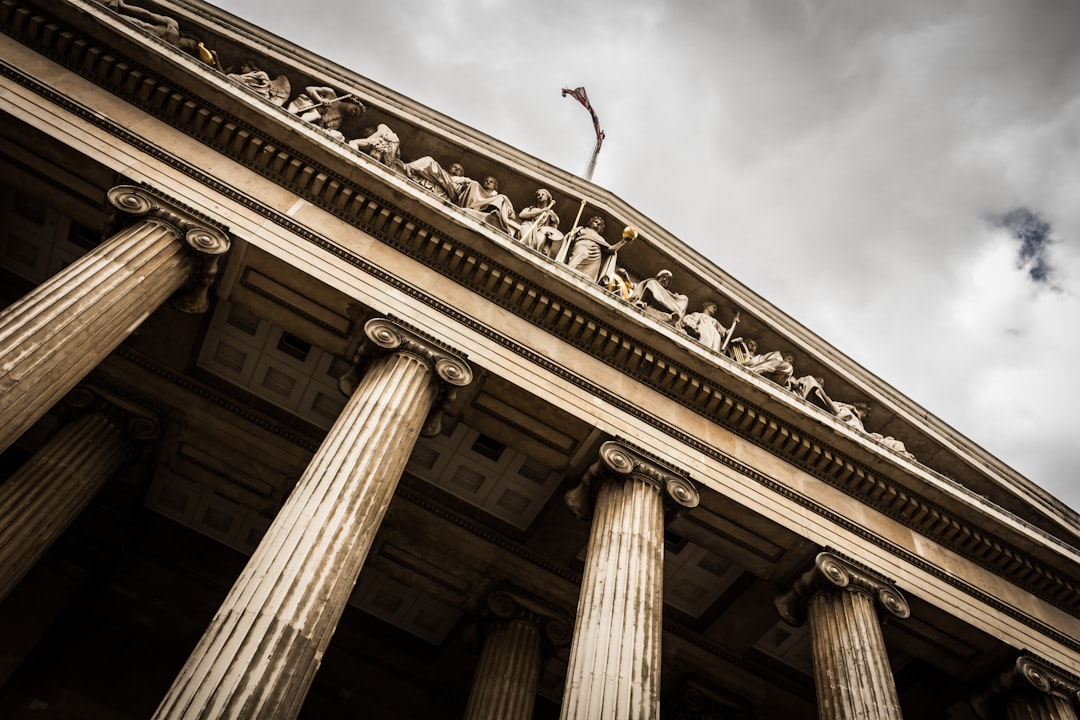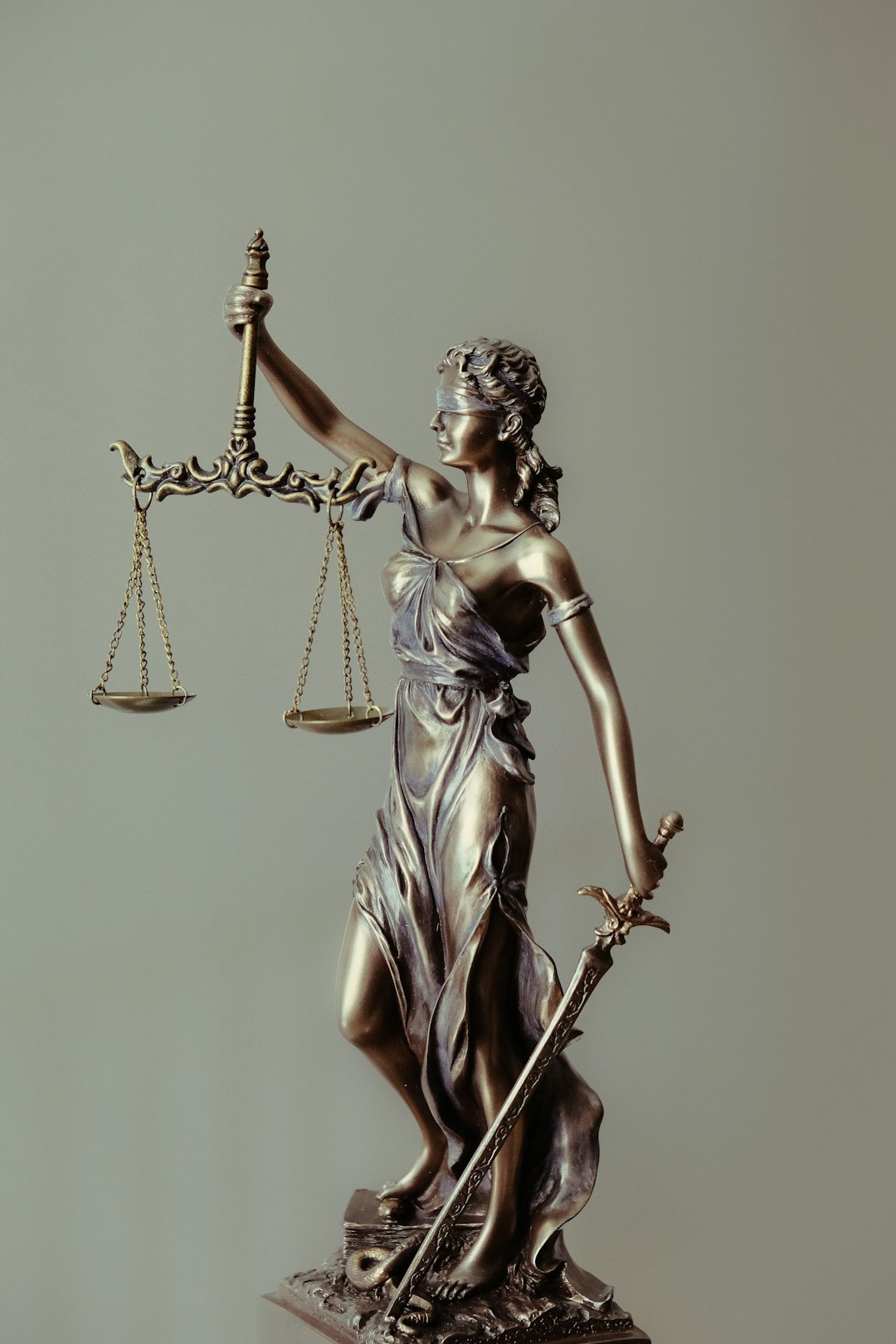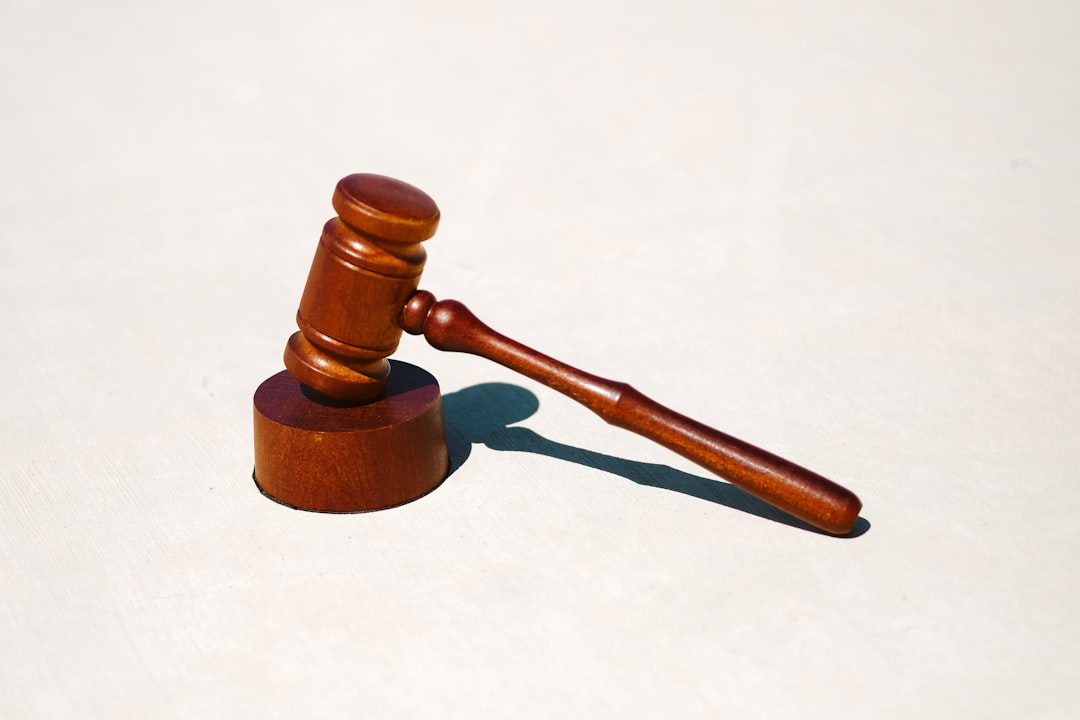Pennsylvania victims of school sexual abuse have two options: settlements for quicker, private resolution with potential compensation, or trials for public accountability and policy change. School abuse law firms guide survivors through these complex choices, balancing closure, scrutiny, and healing. These firms offer specialized legal strategies, ensuring clients' rights and protecting them from institutional policies while pursuing justice within statutes of limitations.
In Pennsylvania, navigating school sexual abuse cases can be complex. When victims consider their options, they face crucial decisions between settlements and trials. This article explores these paths in detail, focusing on how a school abuse law firm Pennsylvania can guide survivors through the process. We weigh the advantages and disadvantages of settlements, offering insights to help victims make informed choices, ensuring justice and healing.
Understanding Settlement vs. Trial Options in PA School Abuse Cases

In Pennsylvania, victims of school sexual abuse have two primary options when pursuing justice: settlements or trials. A settlement is an out-of-court agreement between the victim and the accused (typically a school district or individual educator), where both parties agree to specific terms to resolve the case without going to court. This route often involves confidential negotiations, allowing for quicker resolution and potentially preserving relationships within the community.
On the other hand, trials offer a more public platform for victims to share their stories and seek formal legal accountability. A trial presents a detailed examination of evidence, witness testimonies, and legal arguments before a judge or jury. While it can be a lengthy process, trials provide a clear verdict and may lead to significant changes in school policies and practices, serving as a powerful deterrent for future abuse. Many turn to a school abuse law firm in Pennsylvania for guidance through these complex options, ensuring their rights and interests are protected throughout the legal journey.
Advantages and Disadvantages of Settlements for Victims

For victims of sexual abuse within Pennsylvania’s educational institutions, the choice between settlements and trials can be a challenging one. Settlements offer several advantages. First and foremost, it provides a sense of closure and empowers victims to take control by securing justice and accountability from their abusers. This process also removes the emotional toll often associated with public trials, offering a more private resolution. Additionally, settlements can result in financial compensation for medical treatments, therapy, and other related expenses that are integral parts of the victim’s healing journey.
However, there are potential drawbacks to consider. While privacy is a benefit, it may also mean that the abuser avoids public scrutiny and accountability. Moreover, some victims might feel that accepting a settlement silences their story, hinders future efforts to expose similar cases, and diminishes the impact of their experience. It’s crucial for Pennsylvania school abuse law firms to weigh these factors, ensuring that each victim’s unique circumstances are acknowledged while guiding them toward a resolution that aligns with their personal goals for healing and justice.
Navigating Legal Strategies with a School Abuse Law Firm Pennsylvania

When faced with a sexual abuse case involving a Pennsylvania school, navigating the legal landscape can be overwhelming. A dedicated school abuse law firm Pennsylvania plays a pivotal role in guiding victims and their families through this challenging process. These firms specialize in understanding the intricate laws surrounding educational institutions and have extensive experience handling sensitive cases like these.
By retaining such a law firm, individuals affected by school sexual abuse can expect expert legal strategies tailored to their unique circumstances. They provide invaluable support, ensuring that every step of the legal journey is approached with proficiency and compassion. This expertise includes understanding the specific challenges posed by school-related cases, such as navigating institutional policies, dealing with potential statutes of limitations, and protecting the rights of both the victim and the accused.




